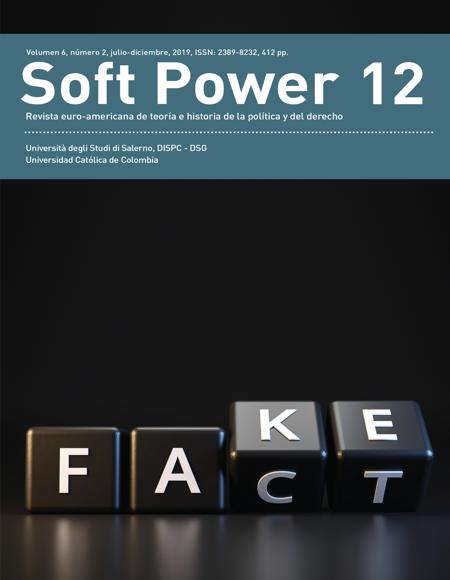Resumo
.

Referências
Casarino, C. & Righi, A. (2018). Introduction”, in Id. (eds), Another Mother. Diotima and the Symbolic Order of Italian Feminism, Minneapolis: University of Minnesota Press.
Dominijanni, I. (2018). The Contact Word, in Cesare Casarino and Andrea Righi (eds.), Another Mother. Diotima and the Symbolic Order of Italian Feminism, Minneapolis: University of Minnesota Press.
Dominijanni, I. (2018a). The Undecidable Imprint, in Cesare Casarino and Andrea Righi (eds.), Another Mother. Diotima and the Symbolic Order of Italian Feminism, Minneapolis: University of Minnesota Press.
Ferreday, D. (2012). Anorexia and Abjection: A Review Essay, Body & Society, 18, 2, 139–155.
Hobbes, T. (1998), Leviathan, New York: Oxford University Press.
Mahowald, M. B. (1992). To Be or Not Be a Woman: Anorexia Nervosa, Normative Gender Roles, and Feminism, The Journal of medicine and philosophy, 17, 2, 233-251.
Muraro, L. (2018). Feminism and Psychoanalysis: The Dead Mother Complex, in Cesare Casarino and Andrea Righi (eds.), Another Mother. Diotima and the Symbolic Order of Italian Feminism, Minneapolis: University of Minnesota Press.
Muraro, L. (2018a). To Knit or to Crochet. A Political-Linguistic Tale on the Enmity between Metaphor and Metonymy”, in Cesare Casarino and Andrea Righi (eds.), Another Mother, Diotima and the Symbolic Order of Italian Feminism, Minneapolis: University of Minnesota Press.
Pateman, C. (1988). The Sexual Contract, Stanford: Stanford University Press.
Putino, A. (1998). Amiche mie isteriche, Napoli: Cronopio.
Rustighi, L. (2018). Rethinking the sexual contract: The case of Thomas Hobbes, Philosophy and Social Criticism, XX, X, 1-27.
Sartori, D. (2018). With the Maternal Spirit, in Cesare Casarino and Andrea Righi (eds.), Another Mother, Diotima and the Symbolic Order of Italian Feminism, Minneapolis: University of Minnesota Press.
Young-Bruehl, E. (1993). On Feminism and Psychoanalysis— In the Case of Anorexia Nervosa, Psychoanalytic Psychology, 10, 3, 317-330.











